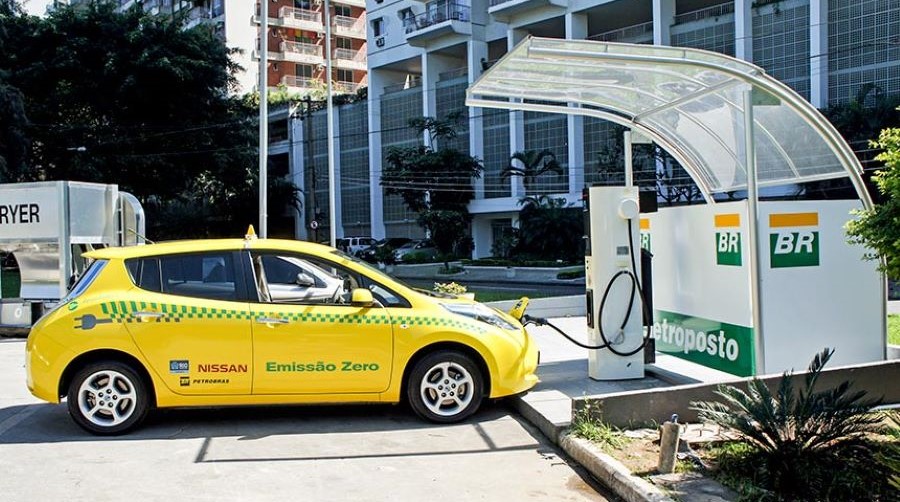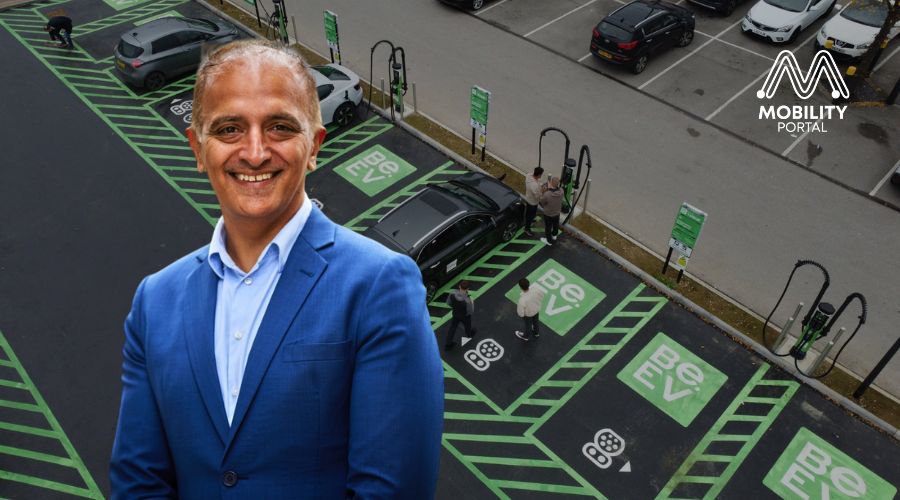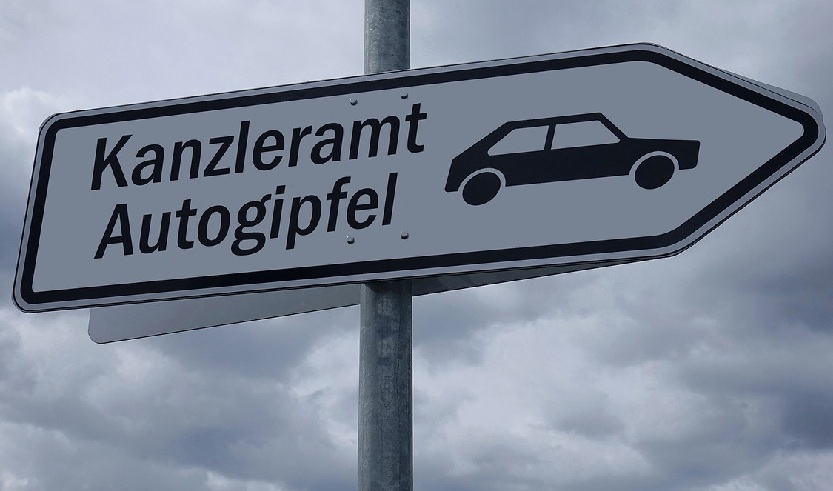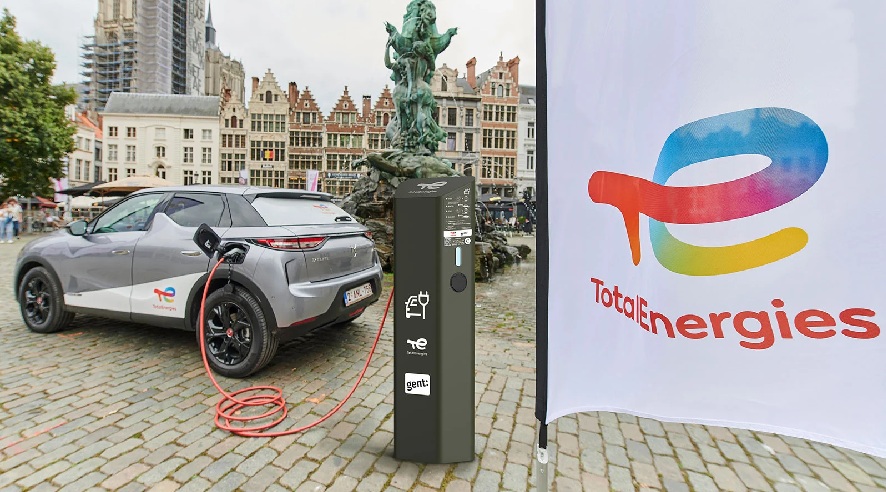In a 2025 where electrification is advancing steadily in Brazil, the transition of public transport fleets to zero-emission vehicles has become a fundamental pillar of the decarbonisation agenda.
However, this process faces significant barriers, ranging from financing to the technical training of operators and municipalities, beyond the scope of existing incentives.
“If it aims to meet its climate goals, Brazil needs effective policies that restrict the sale of combustion vehicles and encourage the adoption of cleaner technologies, such as electric vehicles,” states Magdala Arioli, Transport Decarbonisation Manager at WRI Brasil, in an interview with Mobility Portal Latinoamérica.
The recent implementation of the decree granting IPI exemptions and discounts to hybrid ethanol-powered vehicles appears to fall “halfway” in that regard.
Electrification Challenges: Beyond Upfront Costs
The transition to electric buses is not without its challenges. According to Arioli, many stem from the fact that it is still a relatively new technology in the country.
“Many cities and operators still lack the technical understanding of the technology needed to plan electrification,” she notes.
This knowledge gap is compounded by the main financial obstacle: the higher capital cost of electric buses compared to their diesel counterparts.

While the total cost of ownership (TCO) is typically favourable in the long term, the initial investment in such vehicles remains a barrier for many local authorities and operating companies.
Despite these challenges, the outlook is beginning to change. Arioli points out that these barriers have lessened as electric buses gain ground globally.
A clear example is the recent inclusion of electric buses in the financing lines of the Growth Acceleration Programme (PAC) by the Brazilian government.
WRI Brasil plays an active role in overcoming these hurdles through a multifaceted approach that includes research, direct technical support, and engagement in policy development.
“We develop tools that demonstrate the economic and health benefits of the transition, conduct training activities, and support electrification planning and operational pilots in several Brazilian cities,” Arioli explains.
“One milestone in this effort was the Electromobility Guide developed in 2022 alongside the IDB and the Federal Government, which provides guidance for structuring electric public transport projects.”
Capacity-Building and Partnerships as “Vehicles” of Change
“Capacity-building is necessary not only to ensure the operational feasibility of the new technology but also to support transition planning, which is key to accessing funding,” Arioli stresses.
“A concrete example of this work was the training session held in 2024 in Salvador, aimed at the cities selected for the fleet renewal programme under the new PAC,” she notes.

“This session addressed practical aspects such as operational redesign for different charging strategies, required adjustments to depots, infrastructure options, team training, and the contractual modifications that the new technology demands.”
Charging infrastructure, specifically, is one of the most critical components.
“Its implementation accounts for a significant share of the total cost of the transition,” the specialist points out.
“For this reason, policies, projects, and public-private partnerships that ensure its deployment are decisive for the large-scale success of vehicle electrification.”
WRI Brasil’s work is not limited to passenger transport.
“In collaboration with the Ministry of the Environment and Climate Change, the organisation has supported the development of guidelines for the decarbonisation of freight transport, a key sector in the emissions matrix. As a result, the e-FAST Brasil platform was recently launched to bring together sector stakeholders to accelerate this transition.”
Finally, Arioli emphasises that electrification is an important, but not the only, element of sustainable urban mobility.
“It’s important to keep in mind that electrification alone does not solve other externalities of individual motorised transport, such as traffic accidents and vehicle congestion in large cities,” she concludes.
DISCOVER MOBILITY PORTAL DATA
Discover Mobility Portal Data, a new exclusive market intelligence platform offering reliable data and key reports to support smart decision-making across the automotive sector — covering both combustion and electric vehicles, as well as charging infrastructure.
Research, trend analysis, and neatly organised statistics presented with clarity and precision, alongside up-to-date insights — all just one click away. With Mobility Portal Data, good decisions are on the horizon.
READ MORE
-
Be.EV CEO reveals “selective” growth strategy towards 1,400 charge points
The company prioritises service quality over simply counting units. It also avoids the overbuilding of charging stations. So, what are the upcoming locations — and why does Be.EV steer clear of public tenders?
-
Industry leaders urge Germany to stick to 2035 goal and lead Europe’s E-Mobility shift
Ahead of the Germany’s “Autogipfel” summit on 9 October, company executives call for strengthened climate targets and consistent industrial policies to secure Europe’s competitive edge.
-
Investment platform launched in France to accelerate EV charger rollout in municipalities
As a major player in e-mobility in France, TotalEnergies will contribute its expertise to the growth of the investment platform, with the aim of developing, operating, and maintaining a network of public charging infrastructure powered by electricity from renewable sources.









